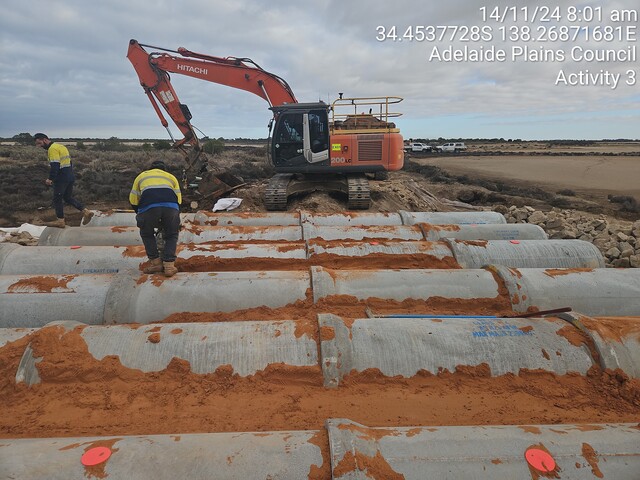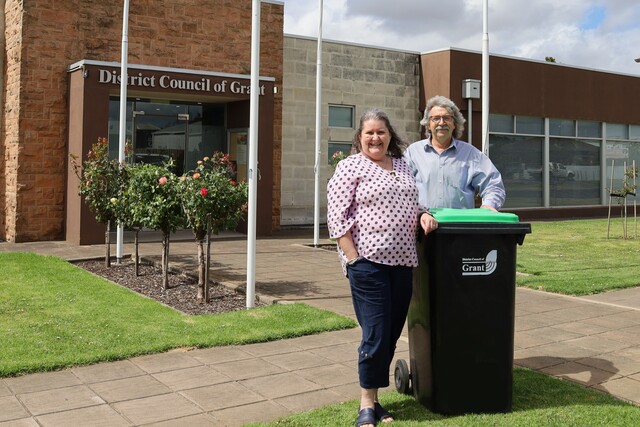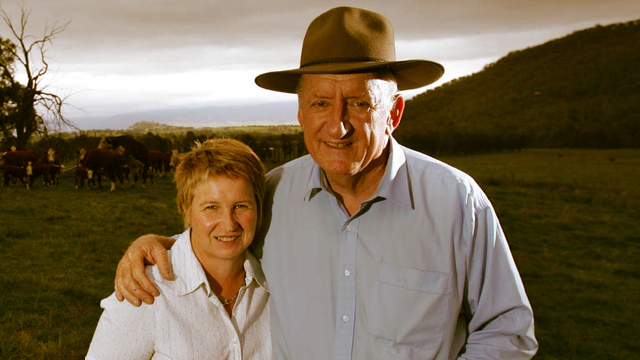Launceston City Council has considered community concerns about air pollution, effluent outfall, traffic increases and water usage that could arise from the proposed Gunns pulp mill. Gunns Ltd is proposing to construct and operate a bleached Kraft pulp mill at Longreach on the Tamar River. Council formally adopted a draft submission to the Resource Planning and Development Commission (RPDC) in September, with conditional support for the mill based on a long list of concerns.
Launceston General Manager, Frank Dixon, said Council shares many of the concerns put forward by the community, particularly in relation to possible health effects.
“As Launceston is a regional hub, the city is expected to experience a range of economic, social, cultural and environmental impacts,” he said. “As an adjoining municipal area, Council is aware that there are issues within Gunns’ Draft Integrated Impact Statement (IIS) that will impact on the city. The basis of Council’s submission to RPDC is focused on these issues, with comment on matters that might have a wider regional impact.”
Included in the list of concerns is that Launceston might be adversely affected by fine particulate emissions from the mill and that they would not be identified in the monitoring regime proposed in the IIS. The Environment Protection Authority (EPA) monitors particulate matter (PM) smaller than ten micrometers, which is known as PM 10. The draft submission recommends that particulates be measured at PM 2.5 as a minimum rather than PM 10.
Council has also noted with ‘extreme concern’ the blunder that saw dioxin emissions from the mill underestimated by 45 times and the effect the effluent could have on marine life.
“These are all the measures that will need to be monitored by an independent body,” Frank Dixon said. “We are not interested in a self regulatory regime. There should be penalties that start at fines and go through to mill closure if there is a serious risk to health and quality of life.”
Council also supports calls for Gunns to consider abandoning the elemental chlorine free process in favour of a total chlorine free mill to ensure the project is world’s best practice.
Any increase in log truck movements would need to be met with funding for road upgrades in the north east where most of the feedstock for the mill will be sourced.
Frank Dixon said the State Government would need to look at funding for two key streets if the preferred option for rail transport to the mill did not eventuate.
Council will also require an iron clad guarantee that environmental flows through Cataract Gorge be maintained ahead of Gunns’ arrangement to source water from the Trevallyn Dam.
For further information contact Gary Stokes, Launceston’s Manager Media and Community Relations, on (03) 6323 3111.







